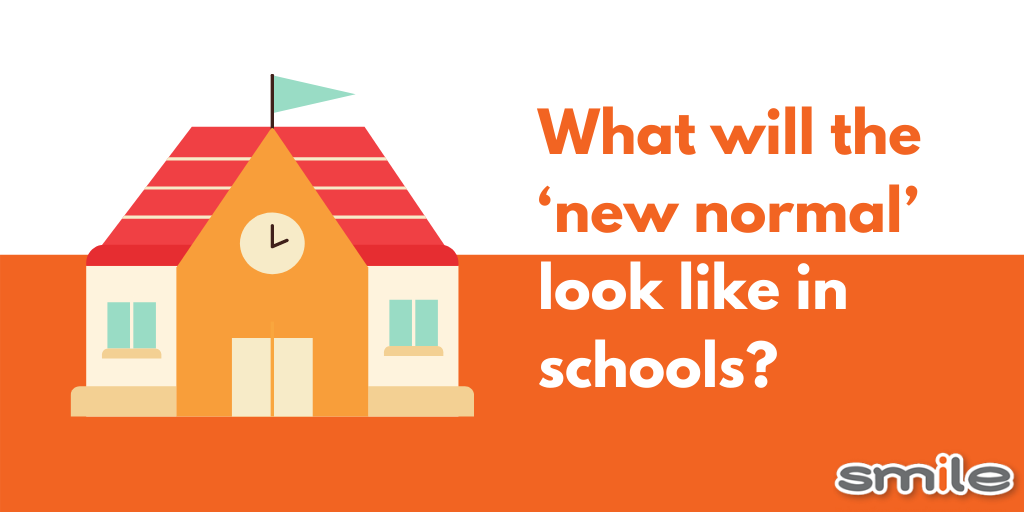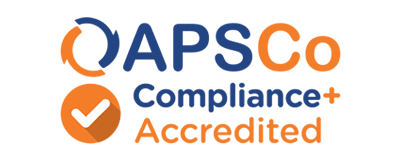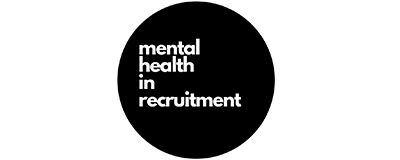Blog
Are you a supply teacher or teaching assistant looking for some help and advice? If so, you are in the right place. Our blogs offer tips and tricks on everything from classroom management to interview tips and support, along with day in the life case studies from real supply teachers, ECTs and cover supervisors. They also give you an insight into what working for Smile is like, the ways which we support local communities and charities and the training and events that we offer.
For more good stuff like this, follow us on social media - you can find us on Facebook, Instagram, Twitter and LinkedIn. Or pick up the phone and give us a call.
The coronavirus pandemic has certainly changed a lot of things. For the past 6 months, children across the country have been home-schooled with the help of their parents and lessons using online tools such as Zoom.
While some students (those in reception, year 1 and year 6) headed back to school in June, most remained at home. But as Education Secretary, Gavin Williamson, recently announced all year groups are expected to return to the classroom in September.
So, just what will the new normal in schools when they reopen? We’ve broken down the main guidance from the Department of Education (DfE) for you.
Bubbles
What the DfE has stated:
Schools have been told that students should be kept in bubbles. Primary schools are encouraged to have whole class bubbles, while secondary school bubbles are likely to include whole year groups, in order to allow the schools to deliver a full range of subjects.
Advice from the DfE also suggests that schools should consider staggering start/finish times as well as break times in a bid to keep groups apart and avoid creating busy corridors, entrances and exits.
In the classroom, students will be asked to sit on forward-facing desks rather than face-to-face on circular tables to limit the risk of infection.
What this means for you:
Your school day may be changing. You may be asked to start earlier or work later to accommodate the new measures that are being put in place. You may also be asked to look at rearranging your classroom to meet the new measures if this hasn’t already been done for you.
Hygiene
What the DfE has stated:
Regular cleaning of the premises has been recommended to all schools to help stop the spread of the virus. This may mean cleaning desks, chairs and other pieces of equipment in-between classes.
Of course, regular hand washing and a ‘catch it, bin it, kill it’ mentality will be employed across all schools.
What this means for you:
The same rules apply to teachers as they do to students. We would suggest carrying some hand sanitiser with you around the school so you’re always able to keep your hands clean. You may also want to think about keeping some cleaning wipes handy to wipe down any tables and equipment, especially if you are working supply and moving from classroom to classroom.
Use of face coverings
What the DfE has stated:
The government have as of the 26th August 2020 changed its advise on facemasks in schools. Schools in local lockdown areas, where restrictions are stricter, will have to wear masks in all communial areas such as corridors.
Use of facemasks in other schools, outside of the local lockdown will be at the headteachers discretion.
What this means for you:
We would advise that all of our teaching and teaching support staff (plus anyone else working in our schools) have a facemask readily available to wear to avoid missing out on work opportunities.
Getting to school
What the DfE has stated:
Pupils, parents and teaching staff are advised to keep their use of public transport to a minimum and walk or cycle where possible. Should this be unavoidable, children over the age of 11 will be required to wear a mask.
For those using school transport the 1 metre+ rule won’t be in force, the DfE has urged schools to consider grouping students in their designated bubbles when using school transport.
What this means for you:
Just like students, you should avoid public transport where possible. If you aren’t able to do this, remember to take a mask with you as you’ll need one in order to use any mode of public transport.
Activities in the Autumn Term
What the DfE has stated:
In the autumn term, there will be no assemblies or other large gatherings that include more than one group or bubble. Choirs, ensembles and the playing of certain instruments (brass and wind) will also be on hold for now as it’s thought they could increase the risk of infection.
What this means for you:
Assemblies will be much less frequent in secondary schools and likely to not occur at all in primary schools where students have to stick to class only bubbles. Instead, this time is likely to be dedicated to other activities.
Curriculum and exams
What the DfE has stated:
The curriculum is likely to be modified to allow teaching time to address the gap in pupils learning. For example, students starting year 7 may need to be taught essential skills and knowledge from the primary school curriculum to ensure that they are working at the correct level.
Exams will go ahead as planned, however, Ofqual is looking to push back the start of exams to the 7th June in order to give students the chance to catch up.
What this means for you:
The first term is going to be a little different and you might find your self covering subjects that you usually wouldn’t at that time of year or with that year group.
Exams are going to be later in the year so, in theory, you’ll have more time to prepare your students for their exams.
If there is a Covid-19 case
What the DfE has stated:
Each school will be a given a small number of testing kits that they can give to parents of any child with suspected symptoms. If a school has more than two positive cases in a fortnight, then the whole school or year group may have to isolate for 2 weeks.
What this means for you:
Should a school or year group have to isolate, it’s likely that online classes will take place. So, be sure to be prepared that you may have to go digital at some point and try to incorporate that into your lesson plans.
Local lockdowns
What the DfE has stated:
We’ve already seen local lockdowns happen in Leicester and the north, however so far, Birmingham and the surrounding areas haven’t been affected. However, the government expects schools to have a remote education plan in place, should this happen.
What this means for you:
As mentioned above, you may be required to teach some of your classes online. We’d suggest having some adding some contingency plans to your lesson plan to stop you from stressing should the area you work in to be placed into lockdown.
---
Of course, things remain very uncertain right now and some of the measures talked about above may change once schools reopen. With that said, it’s important to make sure you are up-to-date with all the latest guidance from the government and listen to the advice given by school leaders and the team here at Smile.
2 comments:
Sheeba nazir - 2020-09-01
I have read through the blog and it has a lot of useful information, which will be very handy for working in an education setting.
Karan Bridge - 2020-09-07
Having worked in a school during Lock down, it was reassuring to see some of the changes taking place: wiping down of equipment during lessons, frequent use of hand washing and sanitise working in bubbles. It was amazing to see how resilient children really are.
Add a comment:
Blog Categories
Latest Blogs
Celebrating Volunteers' Week at Smile Education
Smile Education Begins Strategic Recruitment Partnership with Bordesley Multi Academy Trust
Netflix’s Adolescence: What Safeguarding Lessons Can We Learn?
From Graduate to Director: Kash’s Career at Smile Education
A Complete Guide to SEN Terms and Phrases for Teachers in 2025












